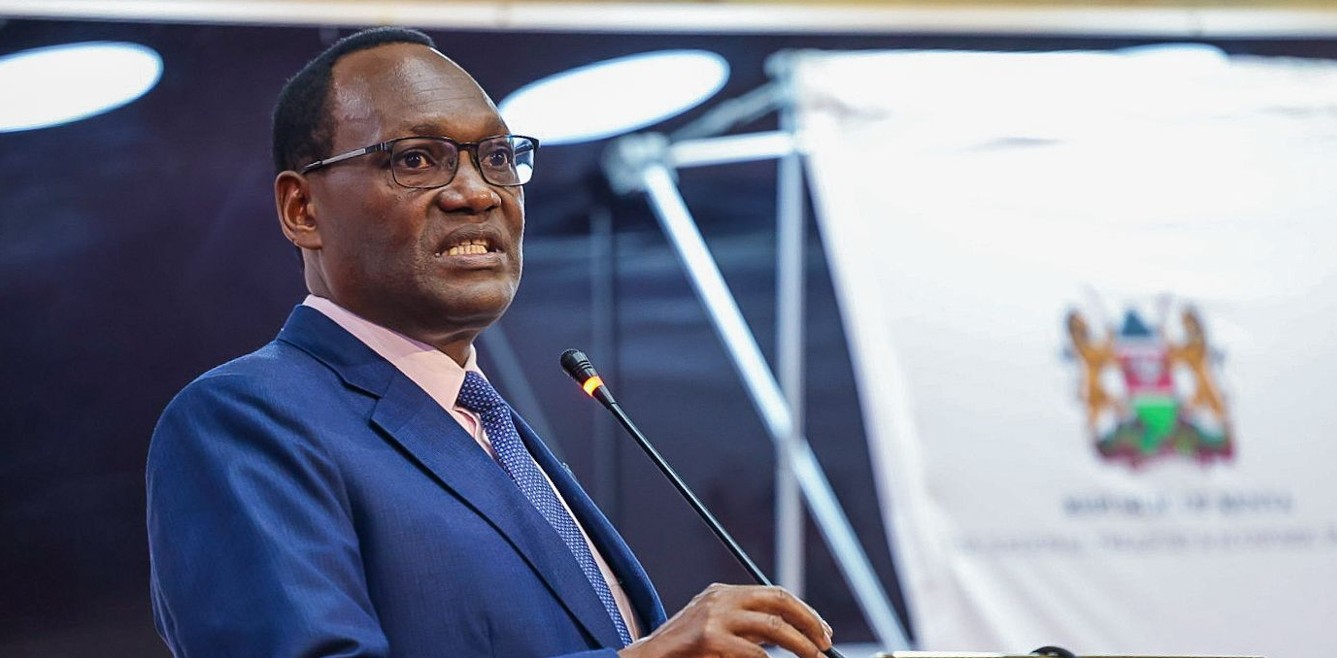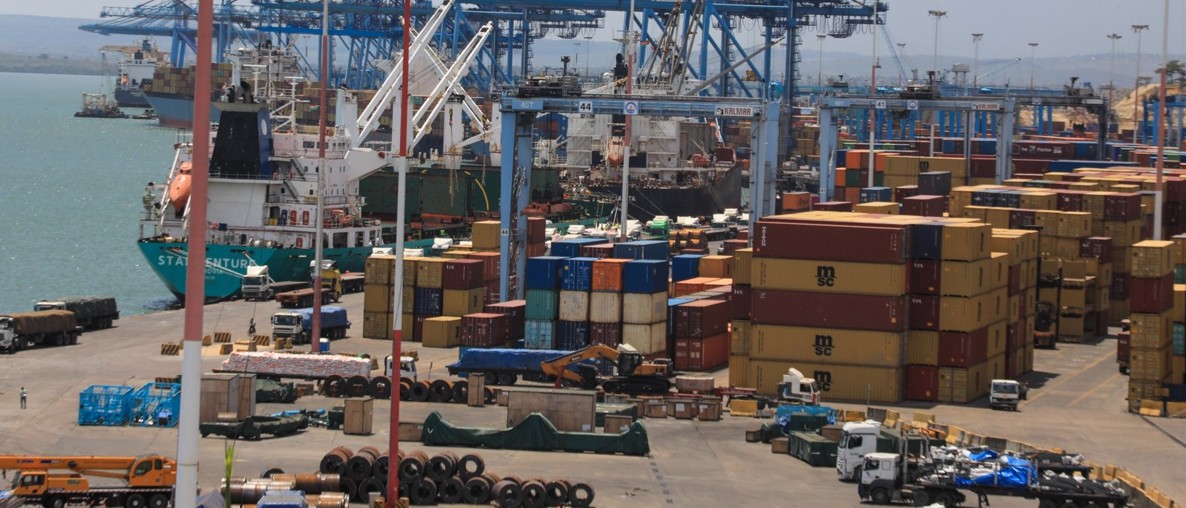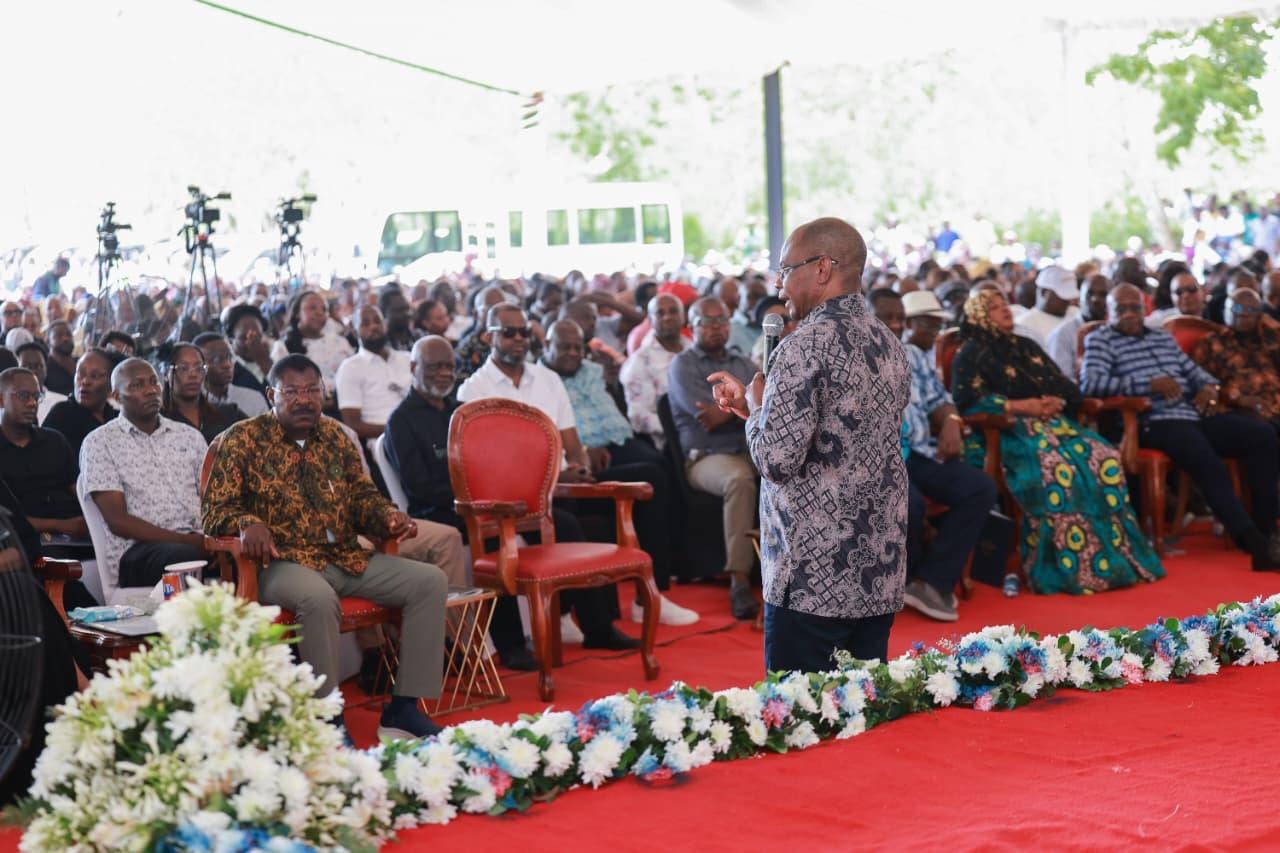National Treasury says weak revenue, high debt repayments straining Kenya’s budget

Kenya’s budget faces mounting pressure as tax collections fall by Sh90 billion, driving a wider fiscal deficit and forcing the government to tighten spending while relying more on domestic and external borrowing.
Kenya plans to narrow its budget deficit to 4.9 per cent of GDP in the 2026/27 financial year as part of efforts to maintain fiscal stability, even as weak tax collections widen the current fiscal gap.
According to the National Treasury, the government expects to bridge the shortfall using Sh241.8 billion in net external financing and Sh775.8 billion in domestic borrowing, while balancing essential spending with rising debt obligations.
More To Read
- Government eyes handing NTSA’s smart driving licence programme to private investor
- Weak taxation of wealthy costs Kenya Sh130 billion annually, report finds
- Government sets 14-day deadline to end student bursary delays nationwide
- Treasury: Kenya can no longer rely on taxes or borrowing for big infrastructure projects
- World Bank warns political interference weakening Kenya’s state-owned enterprises
- Ex-Nairobi governor Sonko gets relief as Tribunal directs KRA to unfreeze his bank accounts
Treasury Principal Secretary Chris Kiptoo said the government faces a challenging task of generating enough revenue for priority expenditures while honouring its debt commitments.
“We really need to focus on fiscal sustainability,” he told participants at a budget preparation event, as quoted by Reuters.
Kenya continues to grapple with heavy debt repayments after a decade of intensified borrowing for major infrastructure projects since 2013, pushing the government toward fiscal consolidation.
The Kenya Revenue Authority (KRA) missed its revenue target by Sh90 billion in the first quarter of the 2025/26 fiscal year, collecting Sh657.17 billion against a target of Sh707.03 billion. Ordinary revenue dropped by 2.9 per cent, undoing the 10.1 per cent growth recorded in the same period last year.
Total revenue growth slows
“The underperformance was mainly on account of the shortfall registered in ordinary revenue of Sh90.0 billion,” Kiptoo said.
He added that total revenue growth slowed to 1.7 per cent by September 2025, down from 10.8 per cent by the end of September 2024.
Treasury linked the revenue slump to widening compliance gaps, administrative inefficiencies and revenue-reducing measures under the Finance Act 2025. Slower activity in key economic sectors further weakened consumption-driven taxes.
This shortfall has placed early pressure on government finances, with the first-quarter fiscal deficit rising to Sh280.4 billion—well above the planned Sh189.5 billion. Kiptoo said limited flexibility in short-term expenditure adjustments means KRA’s underperformance is directly expanding the deficit.
As KRA works to tighten compliance, Kiptoo noted the government is expected to cut spending in the upcoming supplementary budget to realign fiscal projections.
“Higher-than-planned disbursements in both recurrent and development budgets have further amplified the pressure caused by KRA’s underperformance,” he added.
Treasury cautioned that unless revenue collection stabilises in the coming months, the country risks facing a deeper financing gap in the 2025/26 fiscal year, with rising domestic borrowing already signalling tighter fiscal conditions.
Top Stories Today

















































